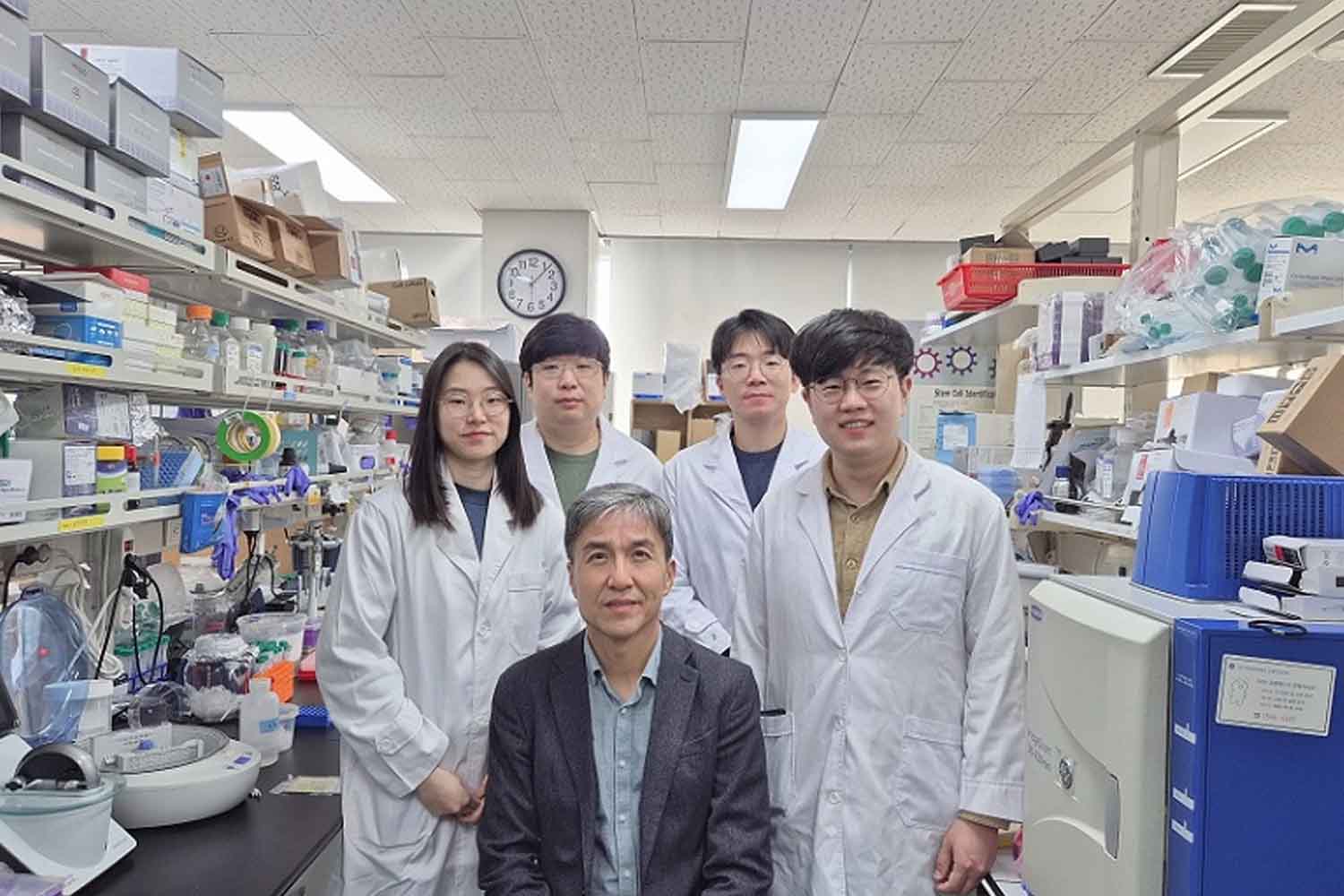KAIST scientists have developed an innovative method that returns tumor cells to a normal state, a discovery that could revolutionize cancer treatment and offer real hope for millions of patients.

©KAIST
A KAIST research group headed by Professor Kwang-Hyun Cho in the Department of Biological and Brain Engineering has come up with an innovative technology that could revolutionize cancer treatment. The technology is capable of reprogramming cancer cells into a cell state similar to that of healthy cells without their death, escaping the common side effects and drug resistance of existing treatments.
Behind this success is a common-sense observation: in cancer development, normal cells travel backward along their path of differentiation. On the basis of this concept, the researchers developed a technology to produce a digital twin of the genetic network—a highly complex mathematical model that accurately reproduces the dynamics of regulation of genes during cellular differentiation.
By modeling and analyzing this gene network, the scientists observed that a number of molecular switches can steer cancer cells into a healthy direction. If they implemented these switches in colon cancer cells, the scientists witnessed an amazing reversal of the disease, with the cancer cells behaving similar to normal cells.
Tests confirm: colon cancer might be made reversible
These results were validated by molecular, cellular, and animal model experiments. The researchers specifically isolated three control factors that govern colon cell differentiation—HDAC2, FOXA2, and MYB. When these control factors were expressed in cancer cells and murine colon cancer models, the outcome was breathtaking:
- Extensive suppression of tumor cell proliferation
- Transformation of cancer cells to healthy-like cells
- Tumor regression effect confirmed in animal models
The research also compared the transcriptome—the set of genes that had been expressed—of over 400 colon cancer patients with that of cancer cells exposed to the new technology. The results confirmed that exposed cells gained a genetic expression extremely close to normal cells, proving the effectiveness of the process.
A new frontier in cancer therapy
This pathbreaking study formulates the idea of reversible cancer therapy, a treatment strategy whose emphasis is placed on restoring cancer-inducing cells to their natural state instead of destroying them. As Professor Kwang-Hyun Cho is quoted to say:
“The fact that it’s possible to reprogram cancer cells back into normal cells is an extraordinary phenomenon. This research proves that reversibility can be provoked in a systematic and controlled fashion.”
This new paradigm would replace or augment current therapies, offering more effective and safer treatments without radiation’s or chemotherapy’s cancer-inducing side effects.
It has been funded by the Ministry of Science and ICT and the National Research Foundation of Korea through basic research and mid-career scientist programs. Outcomes were transferred to startup company BioRevert Inc., where a cancer reversion-based cancer therapy is underway to be made available to cancer patients.
The study, with contributions from Jeong-Ryeol Gong, Chun-Kyung Lee, Hoon-Min Kim, Juhee Kim, and Jaeog Jeon, was published in the Advanced Science journal.
This finding has the potential to revolutionize the battle against cancer entirely, offering actual hope to millions of individuals worldwide.
Sources: KAIST – Advanced Science
